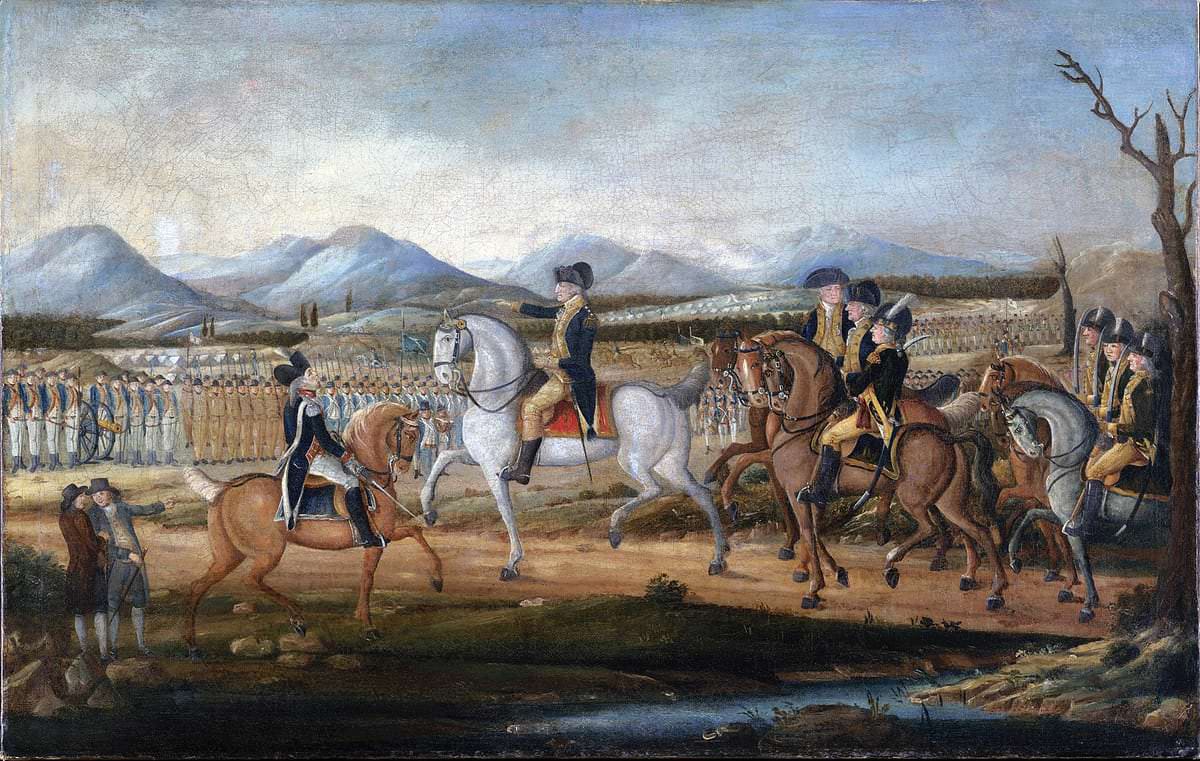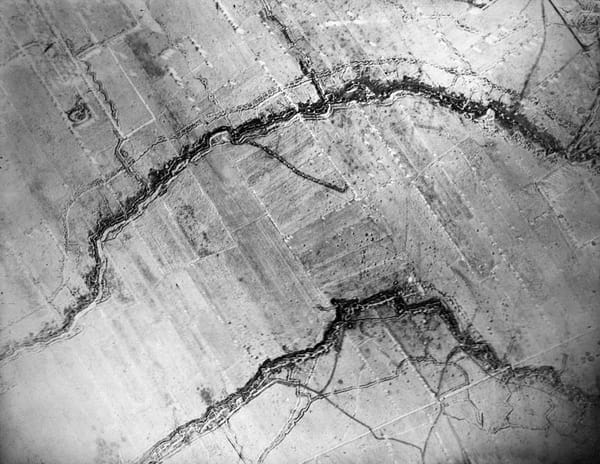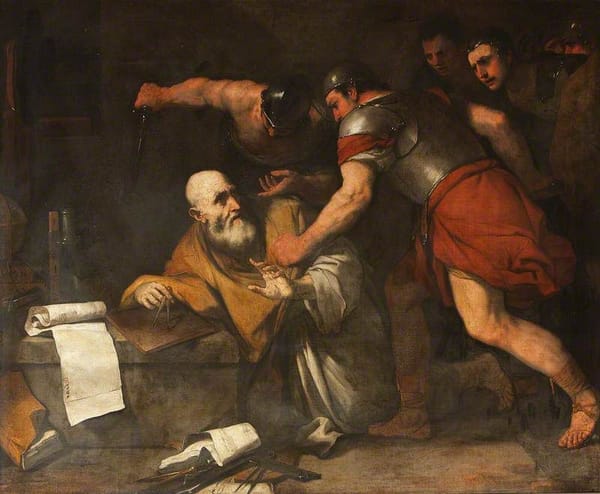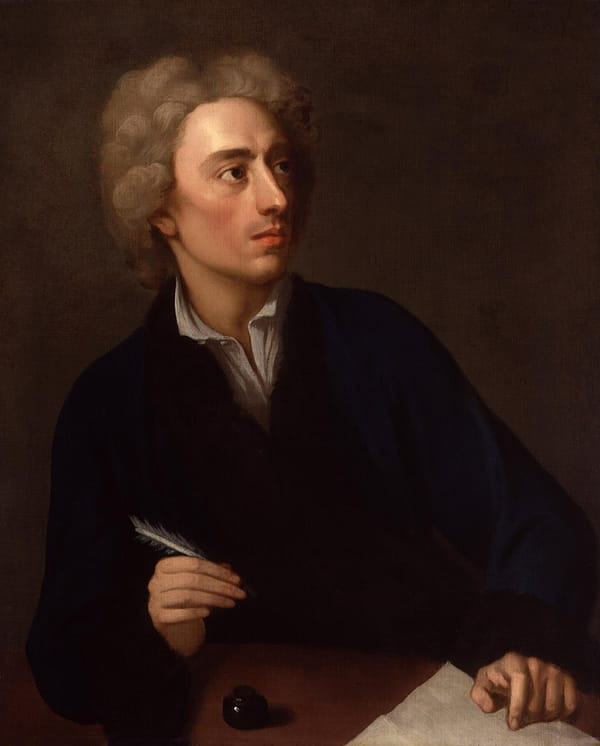The Whiskey Rebellion

The Whiskey Rebellion was a revolt over a tax on whiskey in the Western States. It lasted from 1791-94.
After the Revolutionary War, the United States was steeped in a massive debt. To relieve this debt, Alexander Hamilton, the secretary of the Treasury, proposed a tax on whiskey, a popular drink in those times, which was mostly produced in the West.
Western farmers relied heavily on the export of whiskey to subsist, as the roads were bad and whiskey was easier to transport than corn, rye, and grain, which could spoil on the way. For large farms, this tax was not too bad, but most people were hit heavily by it. Again, these farmers were not paid for their services in the Revolutionary War, and they were poor, so taxing their staple product must have seemed like a kick in the nether regions from the rich East.
When the law was passed and news spread to the West, many people just refused to pay the tax. George Washington issued a national proclamation, in an effect, roasting the Westerners for their refusal to pay the tax.
However, in 1794, the protests became violent. In Pittsburgh, Pennsylvania, locals set fire to a tax collector's home. In response, George Washington led a force of 12,950 men to apprehend the rebels, but by the time the militia got there, the rebels had dispersed. A lack of witnesses and evidence forced them to release the 150 men they had captured.
In 1802, President Thomas Jefferson repealed the tax on whiskey.




